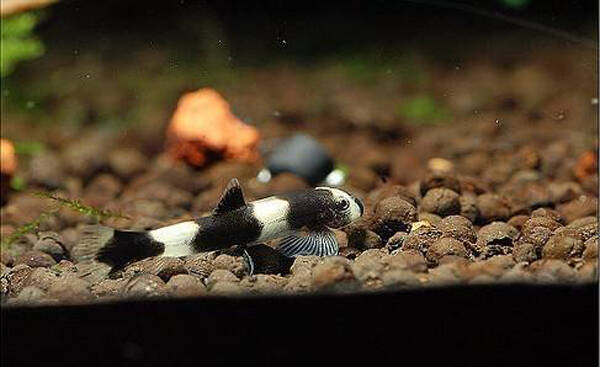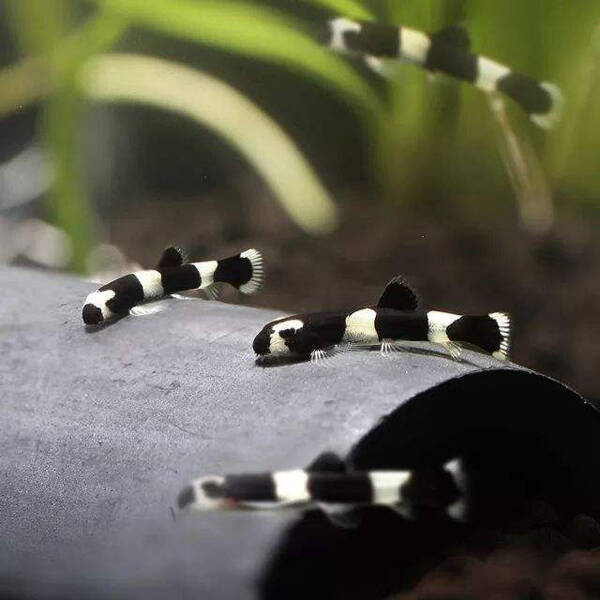The scientific name of the thick-lipped loach is Yaoshania pachychilus (Chen, 1980), a species of fish in the genus Yaoshania of the family Cyprinidae.

Thick-lipped Protostomus was discovered by Academician Chen Yiyu in Dayao Mountain, Guangxi, China in 1980. At that time, it was classified under the genus Protostomus. In 2012, it was classified under the new genus Yaoshan Loach. This loach belongs to the genus Yaoshan loach of the family Flatfin Cobitidae and is a species endemic to China.

Thick-lipped Protostomus fasciatus mainly feeds on fixed algae attached to rocks. It can also be fed with artificial bottom feed, does not eat live fish or shrimp, and occasionally eats dead fish or shrimp.
The genus Thick-lipped Protostomus is only distributed in the Dayao Mountain area of Guangxi, China. It is rare and rare. It is a rare fish in China and has been listed in the "Red Book of Endangered Animals in China" and the "Red List of Chinese Species". Due to insufficient publicity and attention from relevant Chinese institutions, it has not yet been included in the Convention on International Trade in Endangered Species of Wild Animals, nor has it been included and protected by other international wildlife protection clauses, that is, this fish is not subject to trade control and legal regulations internationally. Driven by interests, its place of origin has been artificially fished, and due to over-exploitation and water pollution, its place of origin environment is also in danger. Perhaps in the future, we may no longer see the beautiful figure of this fish. I hope that relevant institutions can strengthen the supervision and protection of this beautiful and rare fish as soon as possible.
Listed in the second level of the "List of National Key Protected Wildlife in China".
Protect wild animals and stop eating game.
Maintaining ecological balance is everyone's responsibility!